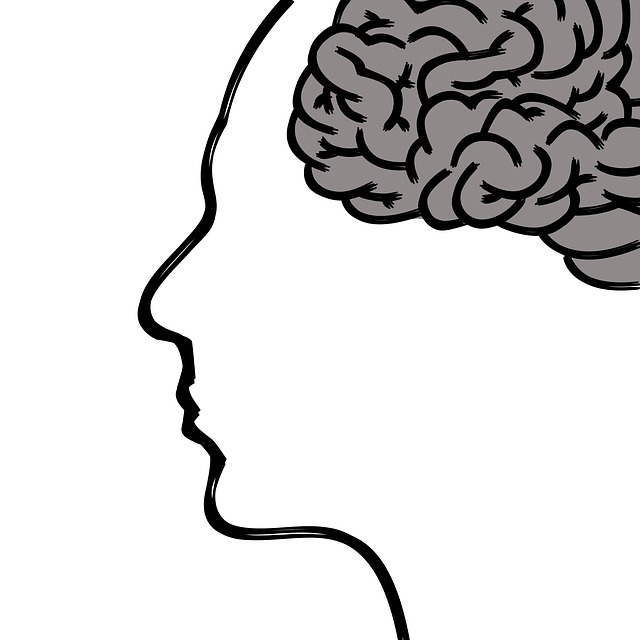Imaging Pinpoints Brain Circuits Changed by PTSD Therapy – Findings Can Help Target Treatment, Predict Outcomes
A pair of studies led by researchers at the Stanford University School of Medicine demonstrates that scientists can predict, with a high degree of accuracy, which patients with post-traumatic stress disorder will respond to a method of psychotherapy often used to treat the condition.
Using brain imaging to track the effects of treatment of post-traumatic stress disorder (PTSD), researchers have identified a brain circuit on which a frequently used and effective psychotherapy (prolonged exposure) acts to quell symptoms. The findings help explain why the neural circuit identified is a promising target for additional treatment development, including brain stimulation therapies. Read more ›




